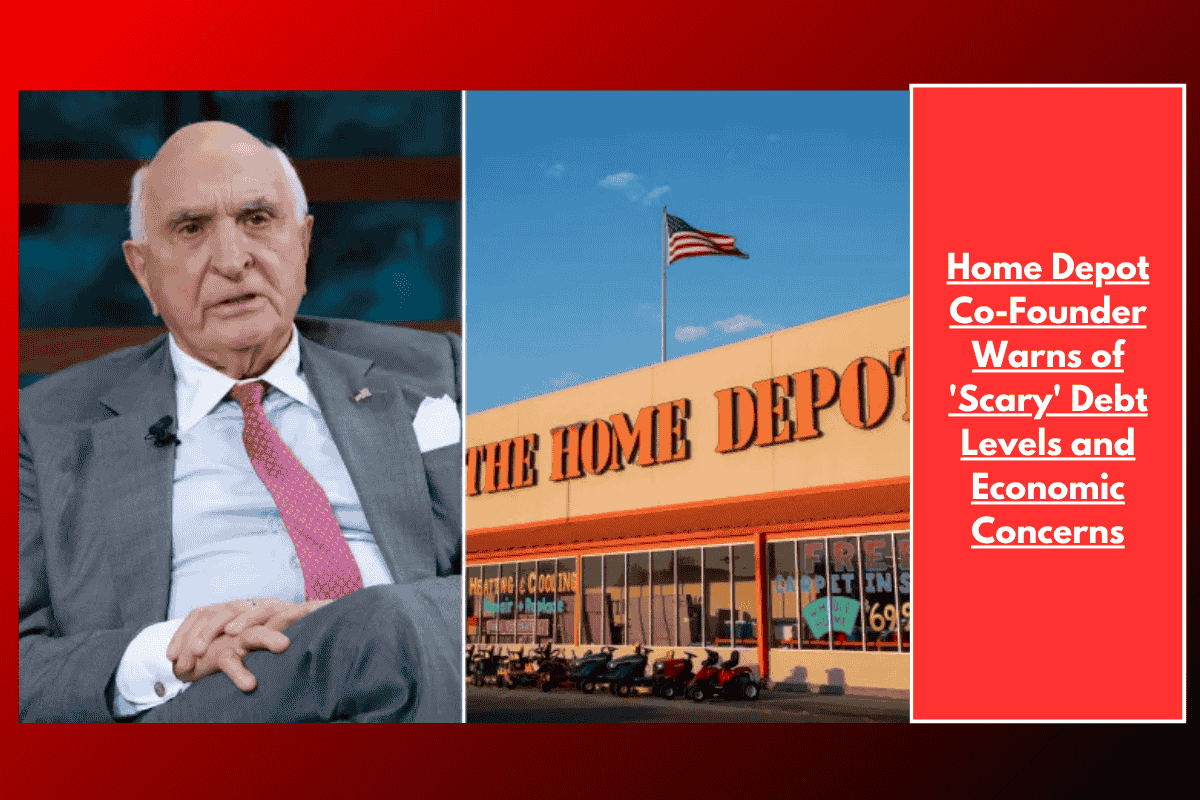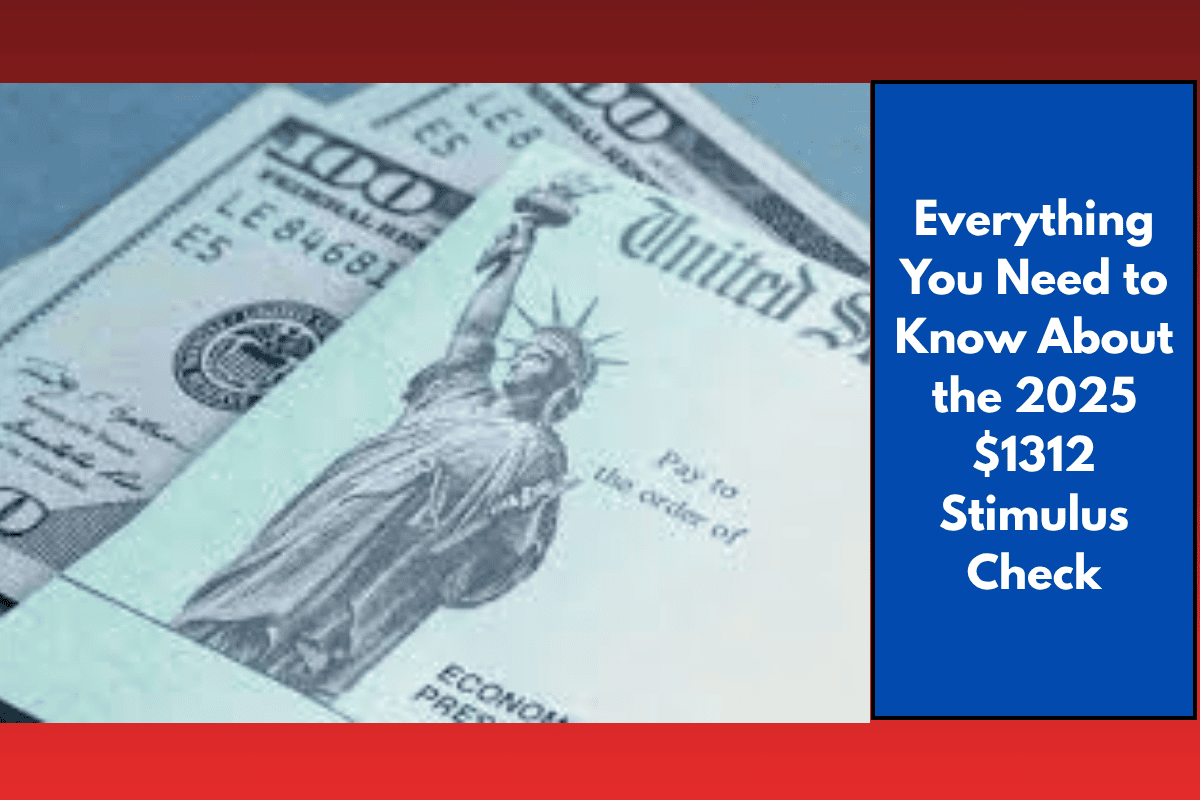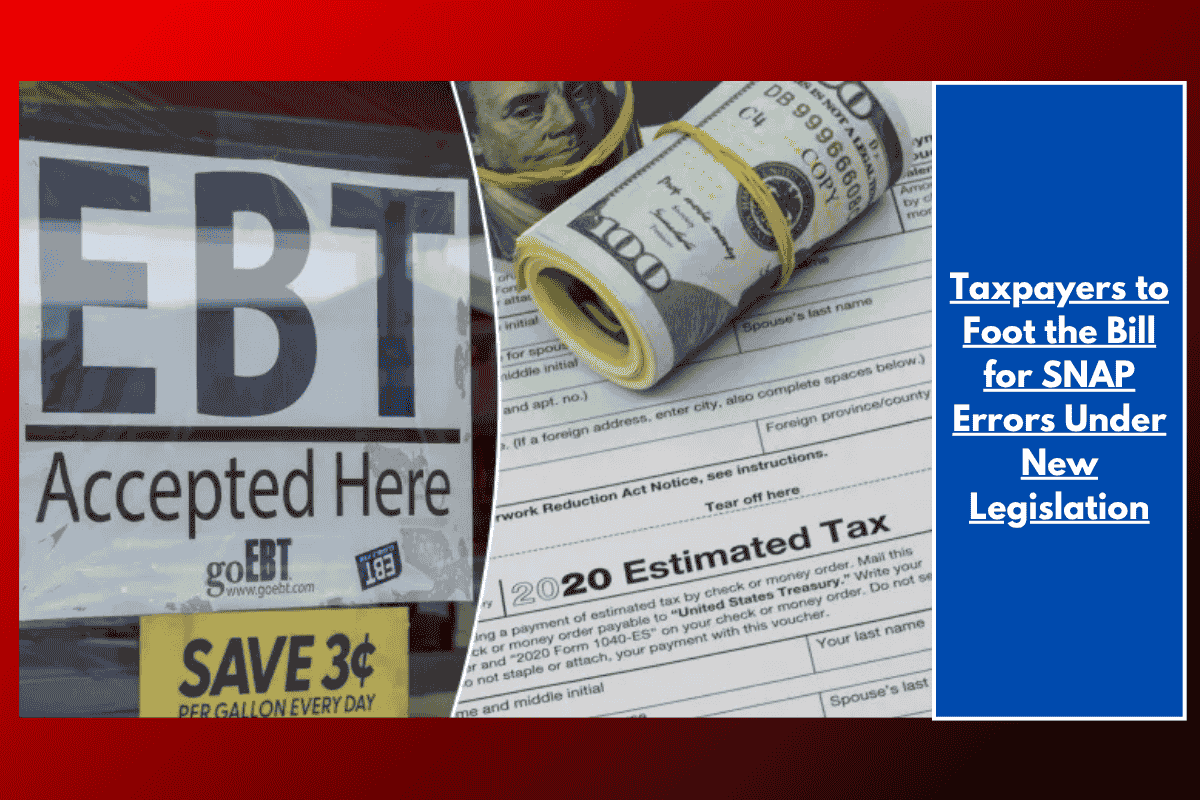Home Depot co-founder, 89-year-old Ken Langone, has raised serious concerns about the United States’ growing national debt and its potential impact on the country’s economic future. In a recent interview on Fox News’ “Special Report,” Langone emphasized that if the U.S. continues to ignore the rising debt and interest payments, it could risk undermining the dollar’s integrity and the nation’s standing in the global economy.
The National Debt Crisis: A Growing Concern
Langone, a self-proclaimed “free trade guy,” voiced his alarm over the country’s increasing debt levels, which now exceed $36 trillion, and the staggering cost of servicing this debt. He pointed out that the U.S. is accumulating an additional trillion dollars in interest every year, calling this situation “scary” and warning that it poses a significant threat to the country’s financial stability.
The Home Depot co-founder stressed the importance of the nation maintaining its status in the global economy and markets. He cautioned that continued debt accumulation could jeopardize this position, making the U.S. vulnerable to financial challenges. Langone’s warning is especially critical given the ongoing geopolitical tensions and the rising uncertainty surrounding global economic markets.
The Federal Reserve’s Role and Interest Rates
Meanwhile, stock markets remained relatively stable as investors awaited the Federal Reserve’s decision on interest rates. The Dow Jones Industrial Average, S&P 500, and Nasdaq all saw slight gains, signaling cautious optimism ahead of the Fed’s announcement.
On Wednesday, the Federal Reserve chose to keep interest rates unchanged at 4.25 percent to 4.50 percent, marking the fourth consecutive meeting without a rate change. This decision came amid pressure from the Trump administration, which has advocated for rate cuts to stimulate the economy. Langone, however, expressed his disagreement with further rate cuts, pointing to rising geopolitical risks and weak economic data such as sluggish retail and manufacturing numbers.
Geopolitical Tensions and Economic Slowdown
Langone also referenced increasing geopolitical tensions, including concerns over Iran and ongoing trade tariffs, which he believes are causing investors to remain cautious. He noted that this caution was reflected in the financial markets, where some recent signals suggested that things are slowing down economically.
He pointed to a troubling sign that occurred four weeks ago when the U.S. struggled to float a 20-year bond, a situation Langone described as a “dangerous signal.” He warned that if the integrity of the U.S. debt is questioned, the next logical concern would be the strength of the U.S. dollar itself.
A Call for Balance in U.S. Economic Policy
While Langone isn’t suggesting the U.S. is heading toward a crisis, he urged policymakers to focus on restoring balance in the nation’s finances. He stressed that the current trajectory, with unsustainable debt growth, needs to be addressed to ensure the long-term health of the country’s economy.
Langone’s remarks come amid ongoing discussions in Washington about tax reforms, including proposals to raise the Child Tax Credit and provide tax breaks for seniors. The Senate’s version of the bill suggests providing seniors aged 65 and older with a temporary deduction of up to $6,000 between 2025 and 2028. Meanwhile, the House has proposed raising the Child Tax Credit to $2,500 for families from 2025 through 2028, which would provide additional financial support to families with children.
A Call for Fiscal Responsibility
Ken Langone’s warning about the U.S. debt crisis and its potential consequences serves as a sobering reminder of the importance of fiscal responsibility in maintaining the country’s economic strength. With rising debt levels and interest payments, Langone urges policymakers to act before the situation becomes unmanageable. As discussions around tax reform and the Child Tax Credit continue, it’s clear that balancing the budget and addressing the national debt should be a top priority for the U.S. government.














